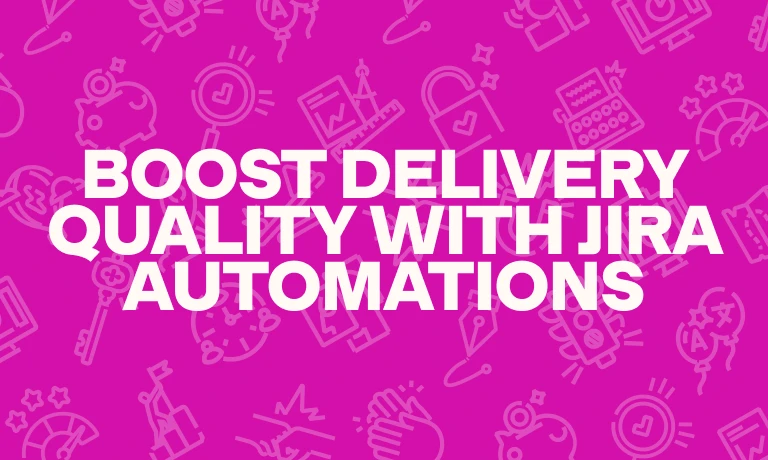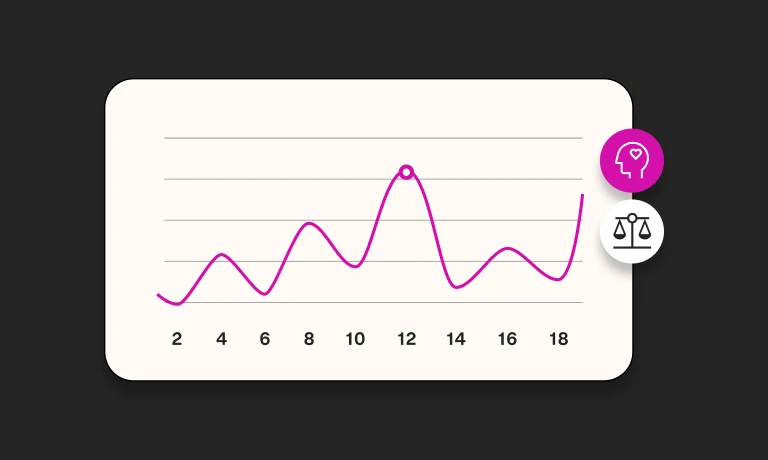The Fair Labor Standards Act (FLSA) sets a national benchmark for fair pay practices in the United States. While its goal is simple, complying with FLSA regulations can be complicated, from classifying job types to calculating overtime, there are many gray areas to navigate.
Many employers stumble into FLSA compliance issues by not preparing early enough. Compliance should begin before you even start hiring for a new position. In this article, we cover how the FLSA impacts your business and how you can prepare your hiring process to avoid FLSA complaints.
What is the FLSA and why does it matter?
The FLSA has been in place in the US since 1938. It sets federal minimum wage and federal overtime pay. It also makes many forms of child labor and discriminatory pay practices illegal. The primary goal of the FLSA is to secure fair compensation for employees across the country.
You must comply with the FLSA if your business has annual sales totaling $500,000 or more, or if your business is engaged in interstate commerce, meaning you provide goods or services across state lines.
Smaller businesses may be held to similar requirements by state laws, depending on where your business operates.
What does the FLSA have to do with hiring?
Setting up your business to comply with the FLSA starts before you initiate the hiring process. When you’re deciding on the type of role you’re hiring for and establishing a new job description, ask yourself the following questions:
Are you hiring for an exempt or non-exempt job?
Some jobs are exempt from FLSA minimum wage and overtime requirements, which can result in significant cost savings for employers. For example, a salaried worker may earn a relatively low hourly wage when their salary is divided by the number of hours they actually work.
This sometimes encourages employers to classify employees as exempt even if they don’t meet the criteria. However, it’s vital that you only classify jobs as FLSA-exempt when appropriate for that status. Misclassifying an employee as exempt can lead to significant penalties.
FLSA-exempt jobs must pass three tests to be classified as such.
Test 1: Salary level test
The job must pay at least $684 per week or $35,568 per year. This test is set by the Department of Labor (DOL) and the threshold levels can change each year.
Test 2: Salary basis test
The job must pay the same amount each week regardless of how many hours an employee works. If pay varies based on the number of hours worked, then the job fails this exemption test.
Test 3: Duties test
The FLSA allows three types of employees to be FLSA-exempt. These types are executives, professionals, and administrative employees.
Executive jobs: This includes regular supervision of two or more employees, significant input into hiring and firing decisions, and management as a primary duty.
Professional jobs: Those with advanced skills or knowledge, such as computer workers, engineers, creative workers, and medical professionals. These jobs typically don’t involve manual labor.
Administrative jobs: This involves worker discretion and office work directly related to business operations.
Does your compensation plan meet FLSA requirements?
The FLSA requires jobs to be compensated at or above certain thresholds. Any FLSA non-exempt employee (an employee in a job where the FLSA applies) has to be paid per the following:
Payment for hours worked: Employees are entitled to payment for all hours worked. Asking employees to complete job-related tasks outside of paid hours is prohibited.
Minimum wage: You must pay employees at least $7.25 per hour worked under the FLSA. This applies across all states. However, some states have adopted higher minimum wages, so you must pay the higher of either the FLSA minimum wage or the state minimum wage.
Overtime: The FLSA requires employees to be paid one and a half times their regular pay rate for any time worked above 40 hours in a work week. The regular rate of pay includes the worker’s usual hourly rate, plus any bonus or differential payments. As with minimum wage, state laws may alter the overtime pay rate or how overtime is calculated.
Before you hire, your compensation plan should account for the job’s regular rate of pay, plus expected overtime. The job needs to meet or exceed FLSA requirements, and you should have a recordkeeping plan to ensure you have proof of compliance.
Are you prepared to pay similar wages for similar roles?
The FLSA makes it illegal to pay employees differently for the same job based on their gender or age (over 40 years). Hiring a new employee at a greatly reduced rate compared with an existing employee in the same job can lead to FLSA violation claims.
The best insights on HR and recruitment, delivered to your inbox.
Biweekly updates. No spam. Unsubscribe any time.
What happens if I violate the FLSA?
Complaints under the FLSA can be brought by individual employees, but the DOL will also investigate complaints of FLSA violations brought to their attention.
Whether you face an individual lawsuit or a DOL investigation, you can be ordered to pay penalty fines and back pay if a violation is proven. Willful violations can lead to criminal prosecution and even imprisonment after a second conviction.
How do I stay compliant with the FLSA while hiring?
Set yourself up for success before you start the hiring process to ensure compliance with the FLSA once your new hire starts work.
Thorough job descriptions
Creating a detailed job description is your foundation for FLSA compliance. Each job description should outline job duties, responsibilities, and required qualifications. Clarity in your description will make it easier to properly classify your new hire as exempt or non-exempt.
Proper classification
You need to correctly classify the job before you start hiring an employee to fill the position. Review the tests we’ve covered to establish whether the job will be filled by an exempt or non-exempt employee.
Consultation with legal experts
Sometimes a new role can be difficult to classify. If you’re unsure how to classify a job, or if you need tailored guidance on FLSA compliance, an employment lawyer can help. Don’t wait for a violation when proper advice can avoid it.
Fair hiring and compensation practices
Avoid discriminatory pay practices by embracing an equal-opportunity hiring process. This includes creating a competitive compensation plan that rewards talent equitably. Leveraging skills-based pre-employment screening can also improve your hiring process by removing subjective factors that can lead to discrimination.
What should I do if I receive an FLSA complaint?
Whether you receive an informal complaint from an employee or job applicant, or you receive a formal investigation notice from the DOL, you need to take the complaint seriously. Follow these steps to handle an FLSA complaint properly:
Investigate promptly: Gather relevant documents, such as job descriptions, pay stubs, and records of hours worked. Evaluate whether the documents support or dispute the complaint.
Consult a lawyer: Legal counsel experienced in employment law and FLSA regulations can provide valuable insights into the complaint and help guide you on the best course of action. This is particularly helpful if you’re facing a DOL investigation, which will likely require a large-scale review of your pay practices.
Take corrective action: If you find any compliance issues, they need to be resolved immediately. This may include adjusting pay or revising policies to ensure your business is compliant in the future.
Document your steps: Maintain thorough records of your findings, actions taken, and any policy changes you’ve implemented. This documentation can be crucial to demonstrate your commitment to compliance and may head off future complaints.
During the hiring process, the most likely FLSA complaints to arise would be misclassification of the job or an allegation that your compensation proposal is discriminatory.
In either of these scenarios, follow the steps above and communicate the outcome of your investigation to the candidate who raised the complaint. Transparent communication of your good intentions can go a long way to diffusing conflict.
Remember that candidates have a right to inquire about wages, and employees have a right to discuss wages with their peers. Avoid taking actions that could be seen as retaliating against a candidate or employee’s rights.
Prepare your hiring process for success with TestGorilla
Setting up your business for FLSA compliance begins before you start advertising your open role. Take the time to fully evaluate the position to ensure correct classification and fair compensation that complies with FLSA requirements.
Once you have a clear job description and compensation plan, find the right candidate with objective, skills-based hiring. Adopting skills-based pre-employment screening ensures you find the best talent match for your business.
Stop relying on outdated and subjective resumes, and learn how TestGorilla can improve your hiring process for free today.
You've scrolled this far
Why not try TestGorilla for free, and see what happens when you put skills first.


















